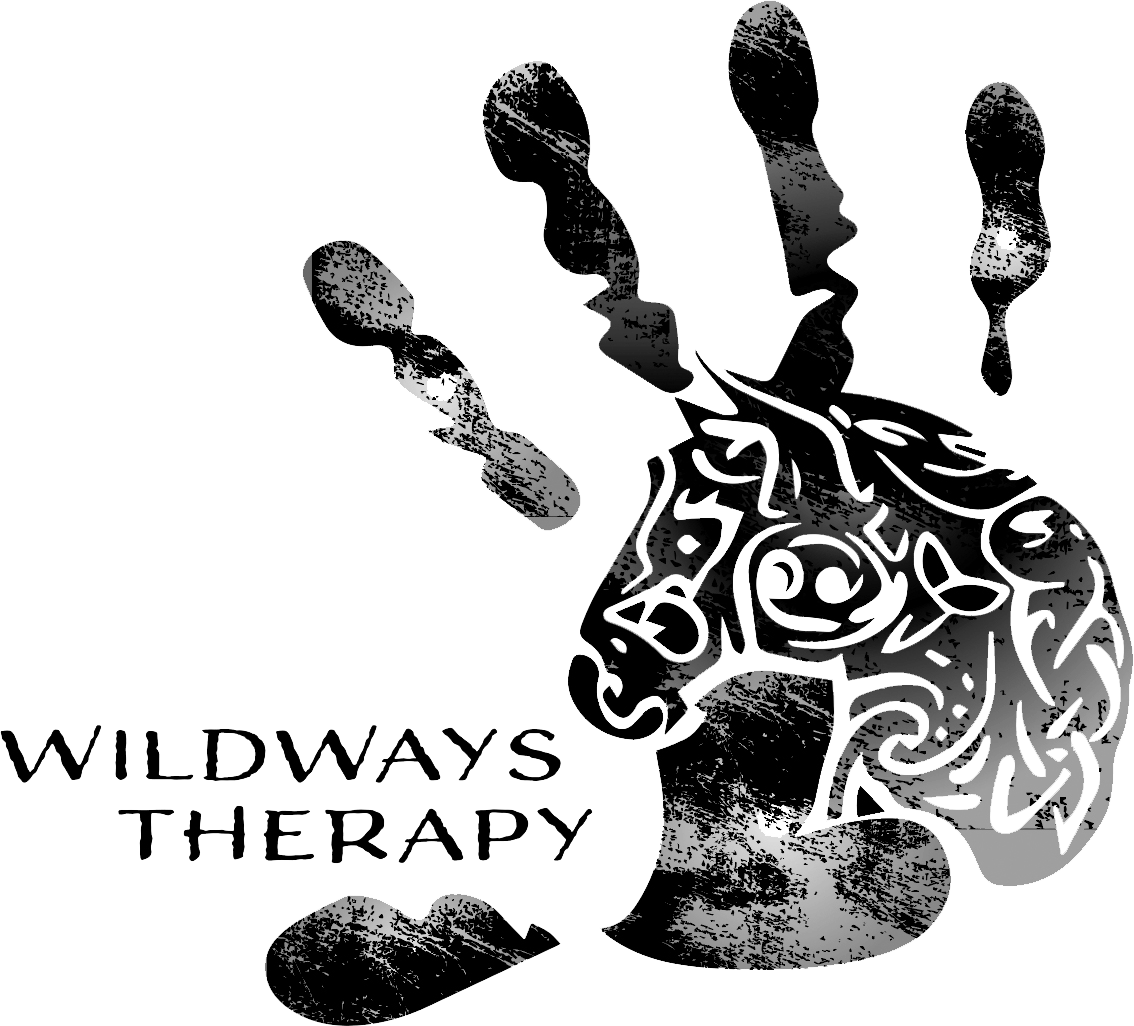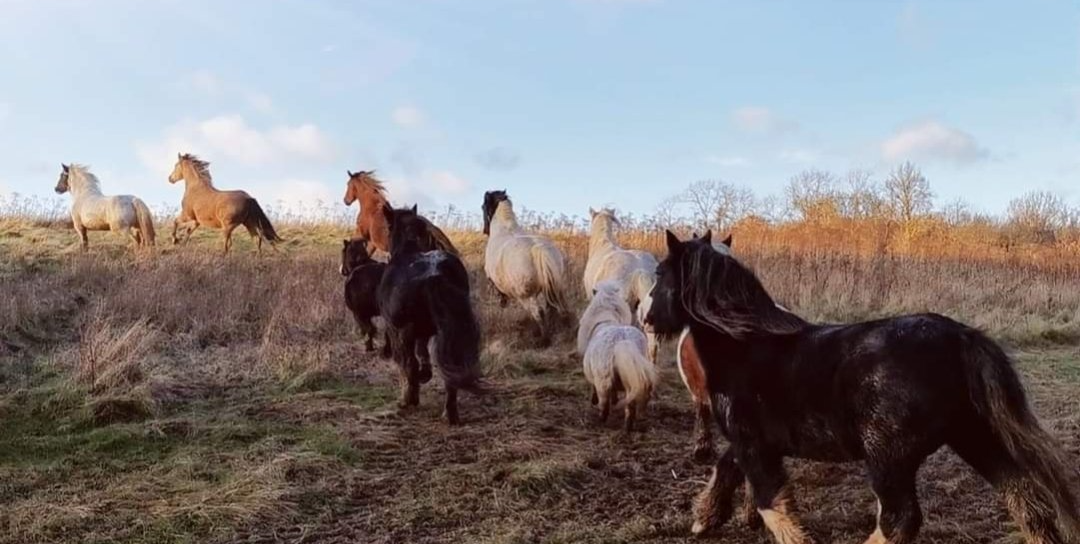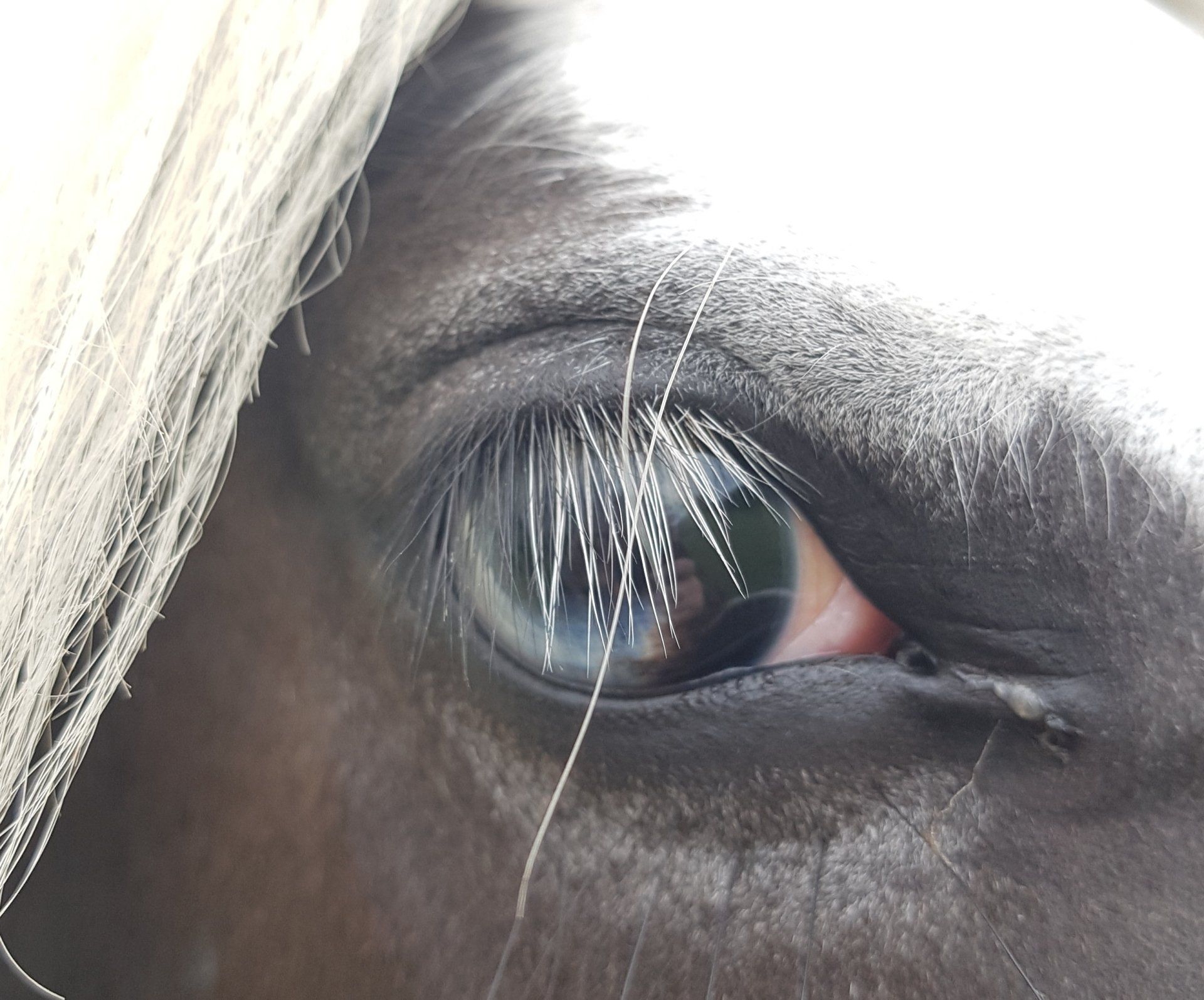Why Nature-Based Therapies?
Choice / Inclusion / Evidence-Base
- The most important element and why Wildways Therapy was created is because many clients want support in this way.
- Many clients, particularly those who may find engaging in talking therapies in room-based settings very challenging, find that the non-directive, yet deeply relational nature of therapy in outdoor environments feels safe. Clients who identify as neurodiverse, highly sensitive, impacted by negative institutional/service experiences, those with learning differences/difficulties and those who have had prolonged, yet unsuccessful therapeutic interventions in the past are looking for an alternative.
- GP's now offer "Green Social Prescribing" for nature-based therapy and wellbeing programmes in recognition of the deeply impactful and sustainable support good provision offers*. https://www.england.nhs.uk/personalisedcare/social-prescribing/green-social-prescribing/
"59% of GPs think social prescribing can help reduce their workload.
In the NHS Long Term Plan, NHS England and Improvement committed to building the infrastructure for social prescribing in primary care:
- there will be 1,000 new social prescribing link workers in place by 2020/21, with significantly more after that, so that
- at least 900,000 people will be referred to social prescribing by 2023/24."
https://socialprescribingacademy.org.uk/
- Research into the IFEEL Method of Equine Facilitated Human Development and Psychotraumatology https://ifeelmethod.com/about-the-ifm-research/
- International Literary Review of other Human Equine Interaction modalities and their applications, commissioned by 'Horses For Mental Health' (US) (compiled by
Nerds For Herds - US)
Nature-Based Interventions
Nature-Based Interventions can support safe exposure to traumagenic material (what happened to us), the processing and integration of our histories, including the revision of attachment patterns - with a skilled and qualified therapist*.
Being able to walk and engage with the wider natural surroundings eg. fields, woodlands, waterways, supports containment, regulation and safe closure at the end of a therapeutic session.
"And this is the goal of every lesson:
that they begin and end in peace."
There is a rich constellation of both metaphor and actuality in the natural world. The cycles of life: stories of permanence, change, loss and renewal can be reflected on from a safe psychological distance to support both explicit and implicit learning and corrective emotional experiences. This can be particularly poignant where complex trauma has created protective blocks of dissociation and/or reactive behaviours to keep the client 'safe' (familiar) in their current relationships. This also means that it is essential that this work is undertaken by a qualified therapist who can, as part of ethical practice, assess and where necessary refer/signpost or work with multi-disciplinary teams.
Observing horses in a species appropriate environment can provide insights into the social, individual and herd dynamics through which they attune to one another and us as we enter their relational field. This can offer opportunities for poignant self-reflection through facilitated process around themes of our own familial and social relationships. This can feel particularly important when we are experiencing and/or we have experienced relational rupture and trauma.
Psychotraumatology* seeks to address the need to heal our traumatic experiences within our relationships with self, other and the wider world through a trauma-specialist, attachment lens. Engaging our innate neurobiological imperatives for relationship in a safe, restorative way. It is within the relationship that repair can occur and observing the social, individual and herd dynamics of horses in a safe and professionally facilitated space can support profound psychological and emotional change.
*Methodology Matters - Competency & Ethics
- Psychotherapy and Counselling is an unregulated profession in the UK, this therefore, includes Nature-Based and Animal-Assisted Therapies.
- The General Public, Clients, Referrers, Commissioners, Funders and Awarding Bodies need a national framework to evaluate the competency and scope of professionals offering therapy of any kind in the UK. In the absence of this many look to voluntary registers for this reassurance. In recognition of my clinical, integrative, multi-modal practice I have Fellow membership status with the National Council of Integrative Psychotherapists
- NCIP proficiency level of practitioners means having completed an accredited and/or Ofqual Regulated training qualification at Level 5 Dip and above, where there is an evidence-base for the methodology.
- Always check the credentials, qualifications, scope of practice, policies and governance of any service provider. In particular, if working with any 'Equine Assisted Learning or Therapy' setting, ensure they are either a member of the HEIR register and/or are on an industry recognised, accredited register related to their professional scope in Animal Assisted Services, Psychotherapy, Counselling, Occupational Therapy, Coaching etc. It is important, that if they cite research and evidence, that these refer to the methodology they themselves are actually trained in/deliver and/or that they can provide service evaluation and outcomes related to their scope and competencies. In my case, this is the IFEEL Method an evidence-based adjunctive model for working with trauma, PTSD and Complex PTSD.
- Wildways Therapy does not operate through a traditional lens of 'equestrian' based human equine interactions. As the name suggests, Wildways Therapy works with the intrinsic, innate and implicit identity of the equine, living within a species appropriate environment, in our case, as a grazing ecology herd. This is in recognition of (and explicit demonstration of) not recreating or being complicit in themes of submission, oppression or servitude.
- Animal Assisted Learning/Therapy settings: Animal welfare should be evident from your first visit, demonstrated with every activity and interaction and explicitly encouraged both through how your facilitator handles and partners with the animal and how you are taught to do the same. Animals should be, at all times, able to display natural and innate behaviours and indicate curiosity to participate and/or decline. Activity time should offer the animal liberty and a large space for them to communicate their own experience and response to the proximity/activity of the humans. This is in-line with evidenced welfare aims, the 5 domains of Animal Welfare and in recognition of the ethological needs of different animal species.
- There are fantastic, ethical services in the UK with highly qualified, professional, competent, experienced therapists and facilitators with animal welfare and wellbeing at the centre of what they do. They have worked hard to train and integrate best practice across diverse modalities for the benefit of their clients and can evidence broad understanding of the ethograms (natural behaviours) of the animals they work with. Make sure you get the best, most suitable provision for yourself, your family members or your clients and support/uphold the highest standards of animal welfare for the animals you partner with.
- If you are out of my area/would prefer to find a different provision for whatever reason and are looking for an 'in-person' provider near to you that offers integrative services, including Animal Assisted Services, do get in touch as I may be able to sign post you to someone in my network, locally and nationally and do check the register at HEIR for those that partner with horses.


